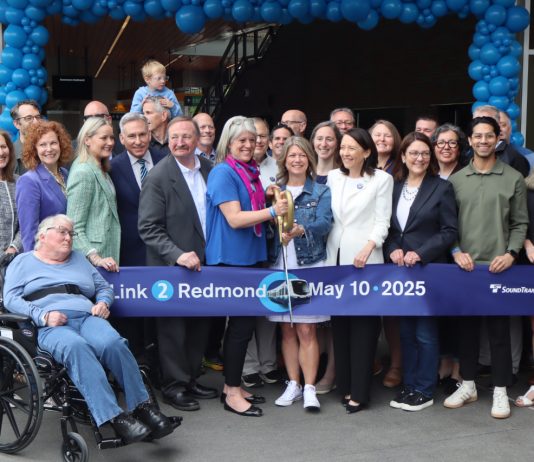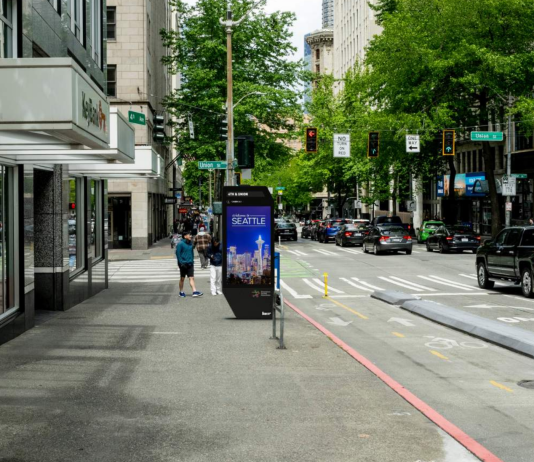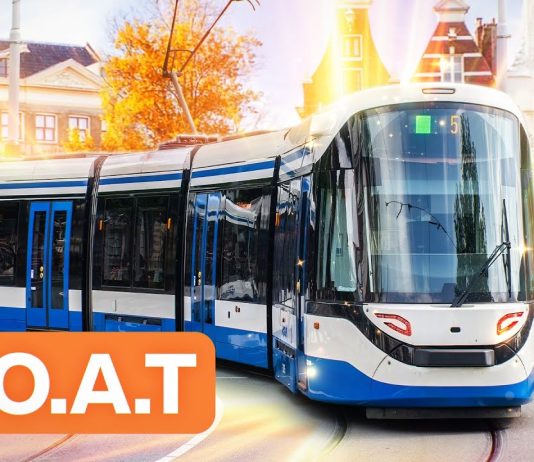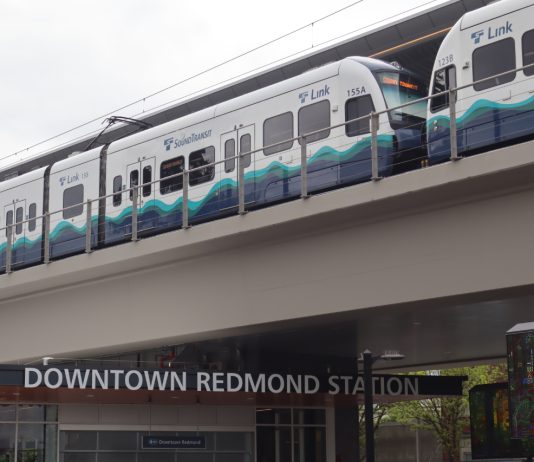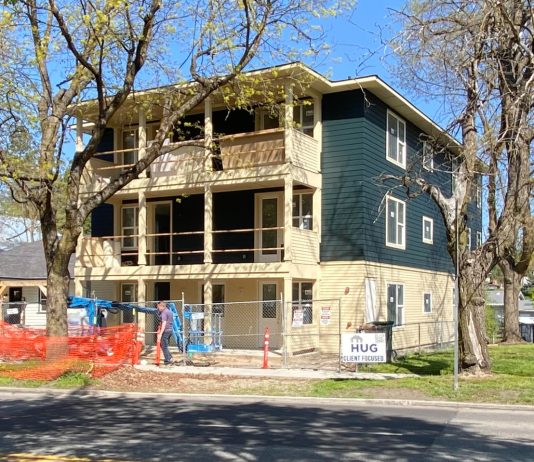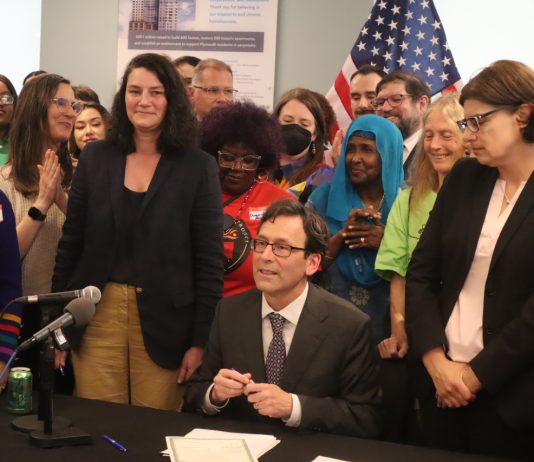Eastside leaders speechified and cut the ribbon on the Downtown Redmond Link light rail extension on Saturday. Thousands thronged the 2 Line to get their first look at the two new stations that opened, bringing the full line to ten stations.
Long-time Seattle Inspector General Illegally Used Public Funds for Private Parking Spot
Carolyn Bick -
Tasked with upholding Seattle police accountability, Inspector General Lisa Judge appears to have broken the rules herself to get free parking on the public dime for at least six years — or possibly more. The apparent cost to taxpayers has been more than $29,000 over seven years.
The kiosks, scattered around downtown and eventually other busy business districts, would provide ad revenue for groups like the Downtown Seattle Association. Last year, the Seattle Design Commission rejected the proposal as half-baked and suggested a smaller pilot instead.
Trams get a lot of praise and criticism among urbanists and urban transportation advocates. Opinions vary wildly on their utility in cities, but Jason Slaughter of Not Just Bikes makes an in-depth case for why he thinks trams help create better streets, mobility, and land use environments than buses and other forms of urban rail systems at the local scale.
Light rail finally arrives in Downtown Redmond Saturday, the culmination of years of work by Eastside leaders to bring high-capacity transit to this growth hub.
The Deck is Stacked Against Stacked Flats in Seattle
Ryan DiRaimo, Matt Hutchins and Sheri Newbold -
Once plentiful across the city, small apartment buildings with flats stacked on top of one another are incredibly rare in new construction. The reasons behind that are multifaceted, and stemming the tide will take a push on multiple levels of government.
The 2017 Marymoor Village growth center has led to a number of larger multifamily developments in the area around Marymoor Park in Southeast Redmond. This weekend, light rail finally arrives.
The two bills represent two major pillars among a variety of housing measures approved during the 2025 legislative session, with a focus on both housing supply and stability for existing tenants.

